Description
Despite several translations, Dar Al Tanweer is retranslating and republishing The History of Sexuality for three reasons: first, because this book was published without respecting copyright; second, because it is a very important book; and third, because it is the occasion for the publication of the fourth part of the book, which is being translated for the first time, thus completing “The History of Sexuality,” Foucault’s last work.
Foucault’s writings revolved around the trilogy of power, knowledge, and ethics. The issue of oppression and power was the foundation upon which he built his philosophy, emphasizing that self-care comes through resisting the normalization and correction imposed by power. Power is not a binary relationship between ruler and ruled, nor is it law and the state, nor is it a specific force. Rather, it encompasses the multiple power relations that are formed and operate within the apparatus of production, the family, and communities. In other words, society as a whole exercises the role of power in an organized and intensive manner by submitting to, or accepting, a system of prohibitions that transforms into a moral force. Foucault says, “In our examination of history, it has become clear to me that it is impossible to avoid posing a question that is both simple and extremely general: Why is sexual behavior? Why are the activities and pleasures associated with it the subject of moral concern? Why does this moral concern seem more important than the moral concern in other areas, despite their essential importance in individual or collective life, such as dietary behavior or civic duties?”
He responds, “I know perfectly well that an answer immediately comes to mind: because it is the subject of fundamental prohibitions, the violation of which is considered a grave sin. However, in doing so, we make the question itself a solution, especially since we thereby deny that the moral concern related to sexual behavior is not always, in its intensity and forms, directly related to the system of prohibitions. Moral concern is strongest where there is, precisely, no coercion or prohibition. In short, what is forbidden is one thing, while raising the moral question about it is another.”



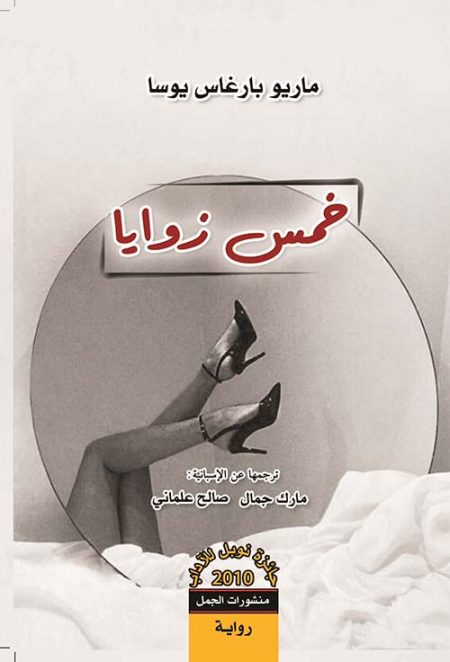
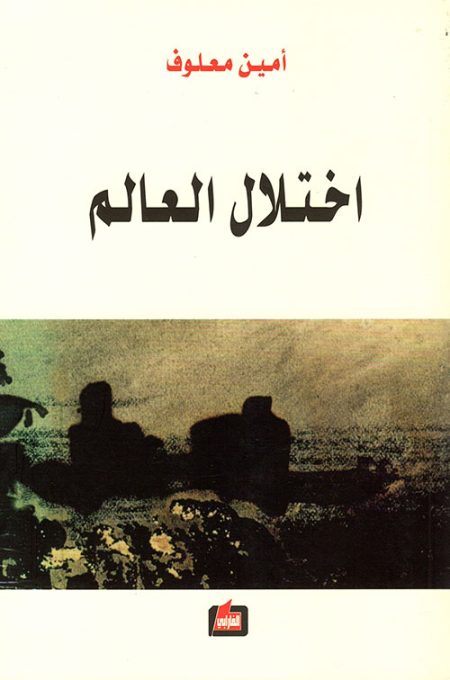
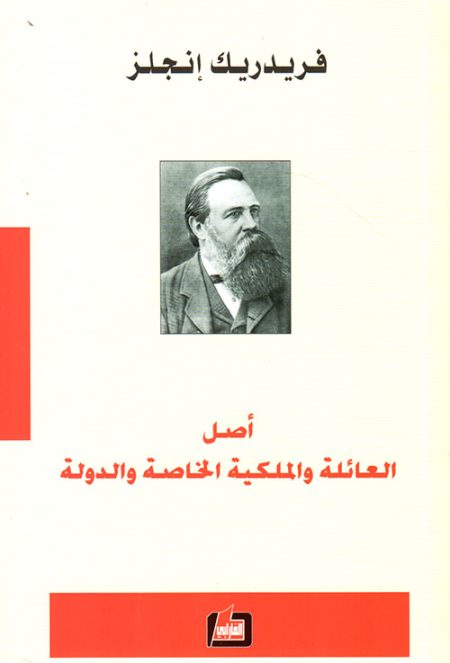

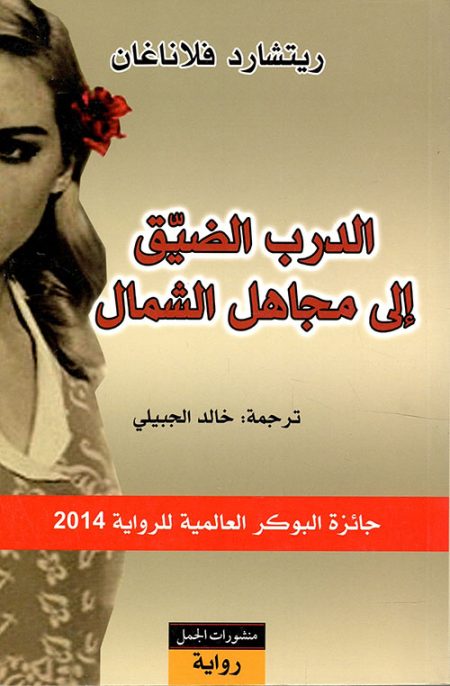
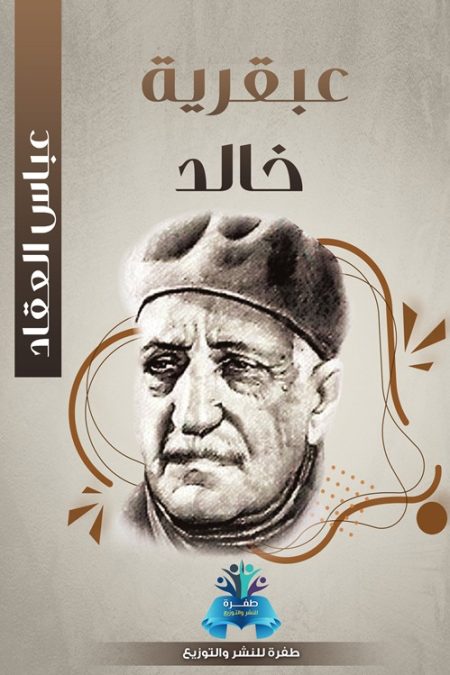





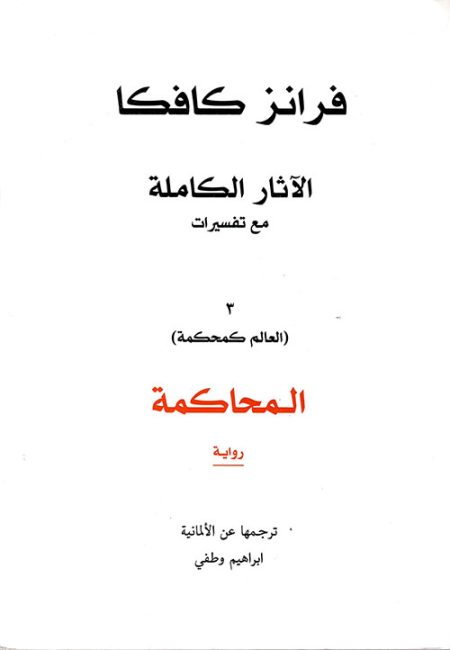

Reviews
There are no reviews yet.